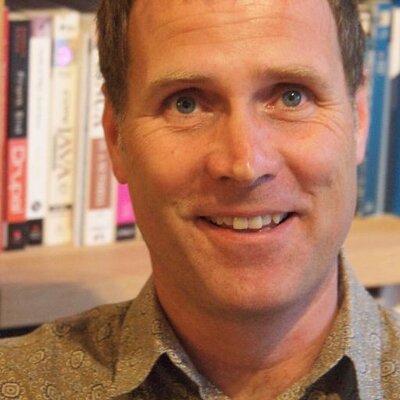 France’s policies on open source and open data are helping to create a market for French ICT service providers, says Didier Tranchier, Professor of Innovation Management at Institut Mines-Telecom, a research institute. Professor Tranchier, who coaches and invests in high tech companies, spoke at the Mindtrek OpenMind conference in Tampere (Finland) in September. “Open data, open content and open source have deep roots in France”, said Tranchier. “We started this in 1789.”According to Tranchier, there is a direct link between the government’s policies and the rapid growth of open source firms.
France’s policies on open source and open data are helping to create a market for French ICT service providers, says Didier Tranchier, Professor of Innovation Management at Institut Mines-Telecom, a research institute. Professor Tranchier, who coaches and invests in high tech companies, spoke at the Mindtrek OpenMind conference in Tampere (Finland) in September. “Open data, open content and open source have deep roots in France”, said Tranchier. “We started this in 1789.”According to Tranchier, there is a direct link between the government’s policies and the rapid growth of open source firms.
News
FASTR Ensures that Publicly Funded Research Belongs to the Public
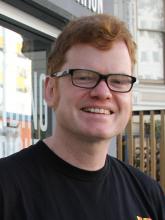 When taxpayers pay for research, everyone should have access to it. That’s the simple premise of the Fair Access to Science and Technology Research Act of 2015 (S.779, H.R.1477), or FASTR. If enacted, FASTR would keep federally funded research where it belongs, in the hands of the public. Under FASTR, every federal agency that spends more than $100 million on grants for research would be required to adopt an open access policy. Although the bill gives each agency some leeway in adopting a policy appropriate to the types of research it funds, each one would require that published research be available to the public no later than six months after publication.
When taxpayers pay for research, everyone should have access to it. That’s the simple premise of the Fair Access to Science and Technology Research Act of 2015 (S.779, H.R.1477), or FASTR. If enacted, FASTR would keep federally funded research where it belongs, in the hands of the public. Under FASTR, every federal agency that spends more than $100 million on grants for research would be required to adopt an open access policy. Although the bill gives each agency some leeway in adopting a policy appropriate to the types of research it funds, each one would require that published research be available to the public no later than six months after publication.
- Login to post comments
- News
CMS Inclusion of API’s for Stage 3 Meaningful Use Rule is the Right Decision
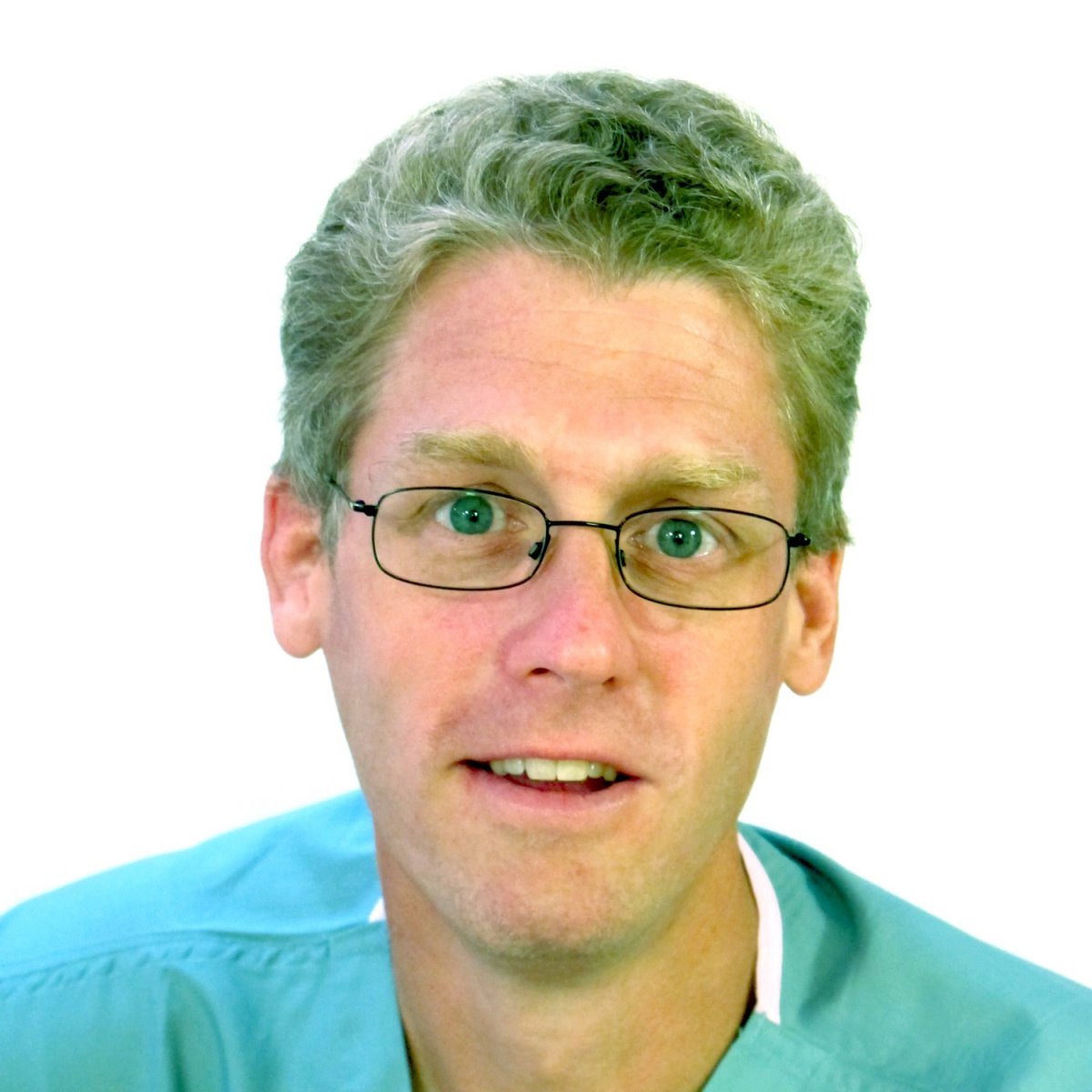 One of these rules, the decoupling of EHR certification and meaningful use brings some hope to those looking to build upon established EHRs and other health databases. Prior to this, there has been a very tightly held belief that EHR systems would contain the answers needed to fulfill all governmental regulations, something that has not been shown to be the case. EHR’s are becoming very important tools for healthcare delivery, yet their regimented, and for the most part proprietary data storage models, do not allow for easy customization to meet the needs of our patients and the various healthcare professionals dependent upon them for day-to-day management of patients.
One of these rules, the decoupling of EHR certification and meaningful use brings some hope to those looking to build upon established EHRs and other health databases. Prior to this, there has been a very tightly held belief that EHR systems would contain the answers needed to fulfill all governmental regulations, something that has not been shown to be the case. EHR’s are becoming very important tools for healthcare delivery, yet their regimented, and for the most part proprietary data storage models, do not allow for easy customization to meet the needs of our patients and the various healthcare professionals dependent upon them for day-to-day management of patients.
- Login to post comments
- Feature Story
Health innovations need much more than research
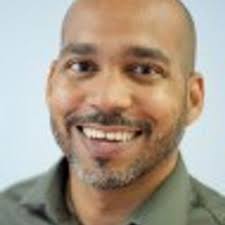 Previously known as the Global Forum for Health Research, the Global Forum for Research and Innovation for Health, held August 24-27 in the Philippines, has been freshly rebranded to reflect the distinction between research and the development of innovation as a product or service. This new title also acknowledges that health research is not the only research that affects health. Health outcomes are determined by a complex web of social, environmental and governance issues. A new multidisciplinary, cross-sectoral approach to research was referenced explicitly throughout the conference — often as a salutary example of the kind of collaboration that can help translate research into innovation.
Previously known as the Global Forum for Health Research, the Global Forum for Research and Innovation for Health, held August 24-27 in the Philippines, has been freshly rebranded to reflect the distinction between research and the development of innovation as a product or service. This new title also acknowledges that health research is not the only research that affects health. Health outcomes are determined by a complex web of social, environmental and governance issues. A new multidisciplinary, cross-sectoral approach to research was referenced explicitly throughout the conference — often as a salutary example of the kind of collaboration that can help translate research into innovation.
- Login to post comments
- News
Is the 2015 Nobel Prize a turning point for traditional Chinese medicine?
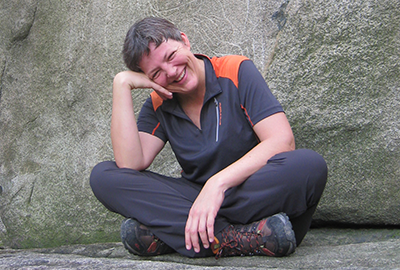 So the Nobel Prize is not only acknowledging this complete transformation of a Chinese herb through modern biomedical science into something powerfully efficacious, but also the millions of lives saved because of its successful application worldwide, particularly in the developing world. But there’s something else that marks Tu as extraordinary vis-à-vis both her two fellow Nobel Laureates for medicine, William C Campbell and Satoshi Ōmura, and her more Western medically oriented colleagues in pharmacology. She embodies, in both her history and her research, what I call medical bilingualism – the ability not only to read in two different medical languages but to understand their different histories, conceptual differences, and, most importantly for this unexpected news, potential value for therapeutic interventions in the present.
So the Nobel Prize is not only acknowledging this complete transformation of a Chinese herb through modern biomedical science into something powerfully efficacious, but also the millions of lives saved because of its successful application worldwide, particularly in the developing world. But there’s something else that marks Tu as extraordinary vis-à-vis both her two fellow Nobel Laureates for medicine, William C Campbell and Satoshi Ōmura, and her more Western medically oriented colleagues in pharmacology. She embodies, in both her history and her research, what I call medical bilingualism – the ability not only to read in two different medical languages but to understand their different histories, conceptual differences, and, most importantly for this unexpected news, potential value for therapeutic interventions in the present.
- Login to post comments
- News
Writing Documentation with AsciiDoc
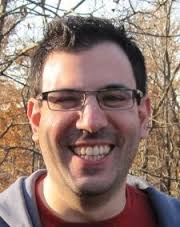 I discovered AsciiDoc while writing Learn Linux in a Month of Lunches. AsciiDoc is a fantastically thorough markup language for writing books—think Markdown, but with more options, such as sidebars, notes, and tables. AsciiDoc lets you just type, with simple syntax controlling the formatting. When I first started writing my book, I was using Word style sheets with LibreOffice. Manning, my publisher, offered .odt versions for OpenOffice, but I had trouble getting the styles to work...
I discovered AsciiDoc while writing Learn Linux in a Month of Lunches. AsciiDoc is a fantastically thorough markup language for writing books—think Markdown, but with more options, such as sidebars, notes, and tables. AsciiDoc lets you just type, with simple syntax controlling the formatting. When I first started writing my book, I was using Word style sheets with LibreOffice. Manning, my publisher, offered .odt versions for OpenOffice, but I had trouble getting the styles to work...
- Login to post comments
- News
‘France's Open Source Policy Spurs ICT Market’
- Login to post comments
- News
Open Source Day at Grace Hopper 2015
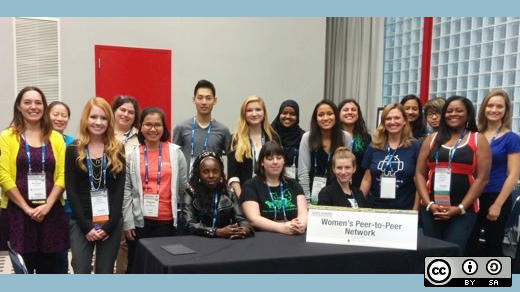 The 2015 Grace Hopper Celebration of Women in Computing (GHC) started out like any other, with a giant room filled with thousands of women with a passion for technology and computing. This year's welcome keynote opened with green lights strobing over a dark room. What a way to highlight the rows and rows of women ready to learn, connect, and join new communities. Telle Whitney, founder of GHC, was first to the podium and offered a heartfelt and sincere welcome message that brought a tear to my eye. She spoke of the women who built GHC from their vision of a better future, where women and men take equal part in technology, and of her diagnosis of an auto immune disease. But she's doing well she says, and thanked everyone for their thoughts and concern...
The 2015 Grace Hopper Celebration of Women in Computing (GHC) started out like any other, with a giant room filled with thousands of women with a passion for technology and computing. This year's welcome keynote opened with green lights strobing over a dark room. What a way to highlight the rows and rows of women ready to learn, connect, and join new communities. Telle Whitney, founder of GHC, was first to the podium and offered a heartfelt and sincere welcome message that brought a tear to my eye. She spoke of the women who built GHC from their vision of a better future, where women and men take equal part in technology, and of her diagnosis of an auto immune disease. But she's doing well she says, and thanked everyone for their thoughts and concern...
- Login to post comments
- News
Is the Grace Hopper Open Source Day 2015 a Turning Point for Open Health and Humanitarian Open Source Projects?
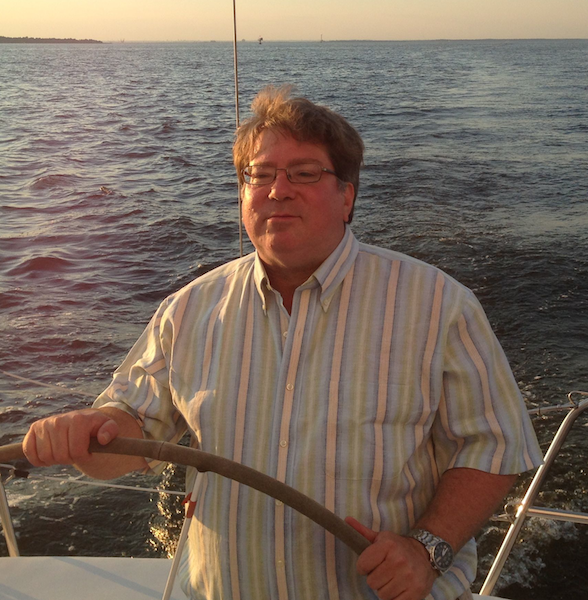 One of the most significant efforts to help open health and humanitarian open source apps seen to date will be taking place tomorrow in Houston, Texas. The event is the Open Source Day 2015, part of the annual Grace Hopper Celebration of Women in Computing (GHC) a conference designed to bring the research and career interests of women in computing to the forefront. The full-day Code-A-Thon is focused on “coding for humanitarian causes in a dynamic, collaborative environment.” This day will give “women from around the world the chance to learn how to contribute to the open source community, regardless of their skill or experience level.”
One of the most significant efforts to help open health and humanitarian open source apps seen to date will be taking place tomorrow in Houston, Texas. The event is the Open Source Day 2015, part of the annual Grace Hopper Celebration of Women in Computing (GHC) a conference designed to bring the research and career interests of women in computing to the forefront. The full-day Code-A-Thon is focused on “coding for humanitarian causes in a dynamic, collaborative environment.” This day will give “women from around the world the chance to learn how to contribute to the open source community, regardless of their skill or experience level.”
- Login to post comments
- News
Halamka's Report on the Joint HIT Standards and Policy Committee Meeting
 All the members of the ONC Federal Advisory Committees met in Washington to review delivery system reform and the Interoperability Roadmap. We began the meeting with a thank you to Jodi Daniel, who will be leaving ONC after 10 years of service. Elizabeth Holland presented a data update on the Meaningful Use program. She noted that 2015 attestation will open Jan 4, 2016-Feb 29, 2016. The Meaningful Use Stage 2 final rule has not yet been released (but rumor suggests it may be released later today). Next, Karen DeSalvo presented a Delivery System Reform Update setting the context for the kinds of interoperability needed in the future as fee for service is replaced by population-based payment.
All the members of the ONC Federal Advisory Committees met in Washington to review delivery system reform and the Interoperability Roadmap. We began the meeting with a thank you to Jodi Daniel, who will be leaving ONC after 10 years of service. Elizabeth Holland presented a data update on the Meaningful Use program. She noted that 2015 attestation will open Jan 4, 2016-Feb 29, 2016. The Meaningful Use Stage 2 final rule has not yet been released (but rumor suggests it may be released later today). Next, Karen DeSalvo presented a Delivery System Reform Update setting the context for the kinds of interoperability needed in the future as fee for service is replaced by population-based payment.
- Login to post comments
- News
The crisis in the Middle East, and the crisis in American health care
 There are three visions for the future of medicine in the seemingly insurmountable, but really rather minor, perpetual health care crisis in America. One future of medicine sees physicians unencumbered by useless administrative tasks, wielding sleek and useful technology tools, offering the best medical care to all patients who need and want attention. Another future is yearning for the revival of chickens and charity as bona fide methods of payment for whatever medical care the free market wishes to bestow on the less fortunate. The third and final future is one devoid of most middling and often faulty doctors, where the health of the nation is enforced by constant computerized surveillance with fully automated preemptive interventions. Each definition is amenable to slight compromises in form, but not at all in substance.
There are three visions for the future of medicine in the seemingly insurmountable, but really rather minor, perpetual health care crisis in America. One future of medicine sees physicians unencumbered by useless administrative tasks, wielding sleek and useful technology tools, offering the best medical care to all patients who need and want attention. Another future is yearning for the revival of chickens and charity as bona fide methods of payment for whatever medical care the free market wishes to bestow on the less fortunate. The third and final future is one devoid of most middling and often faulty doctors, where the health of the nation is enforced by constant computerized surveillance with fully automated preemptive interventions. Each definition is amenable to slight compromises in form, but not at all in substance.
- Login to post comments
- News